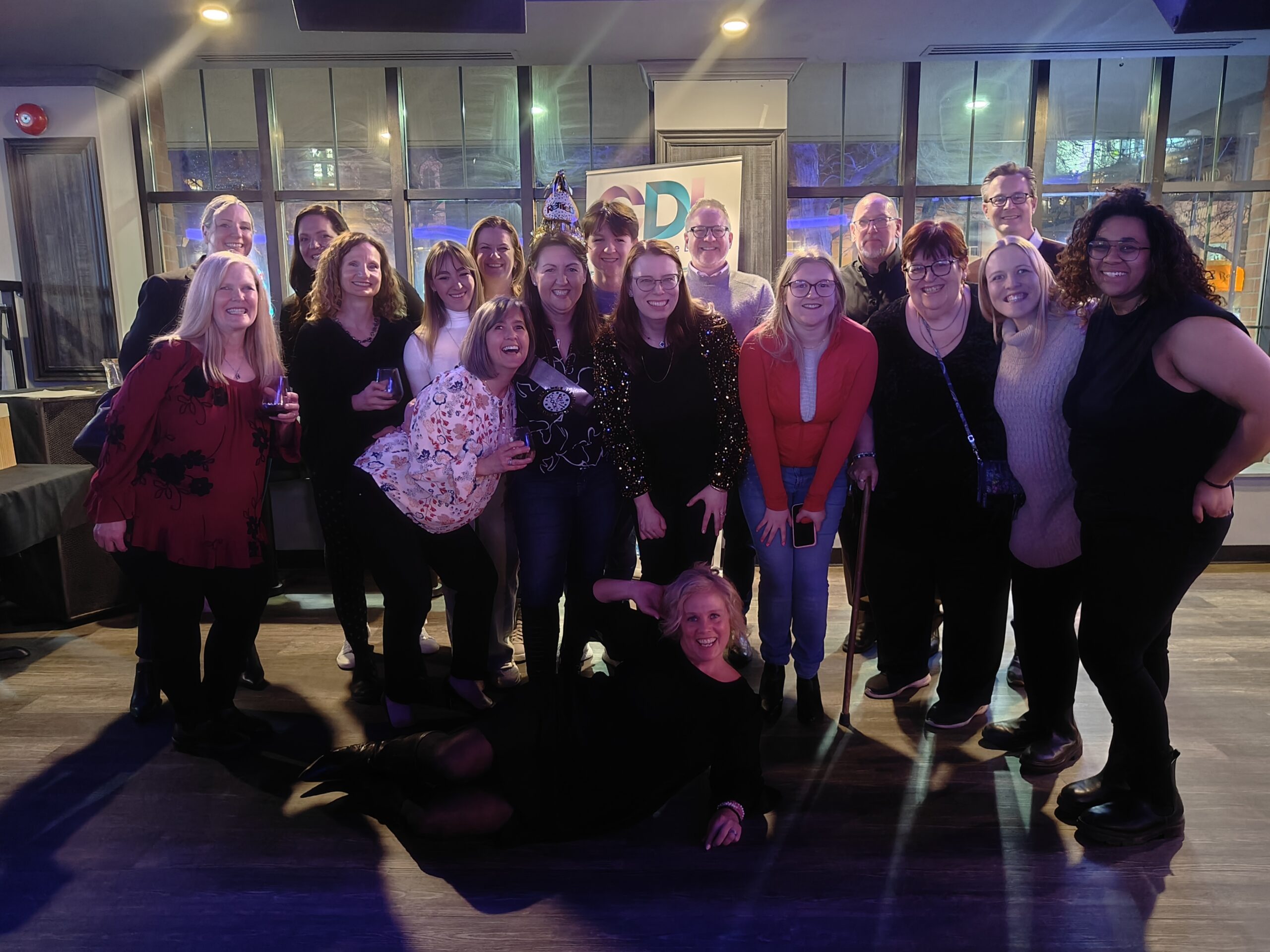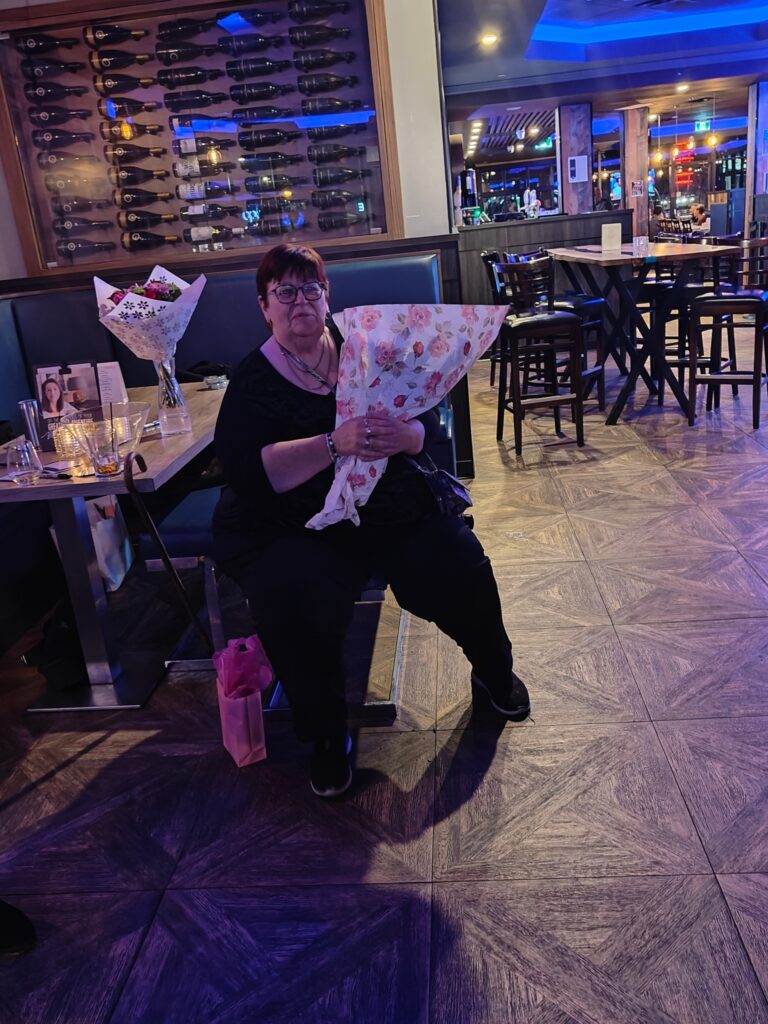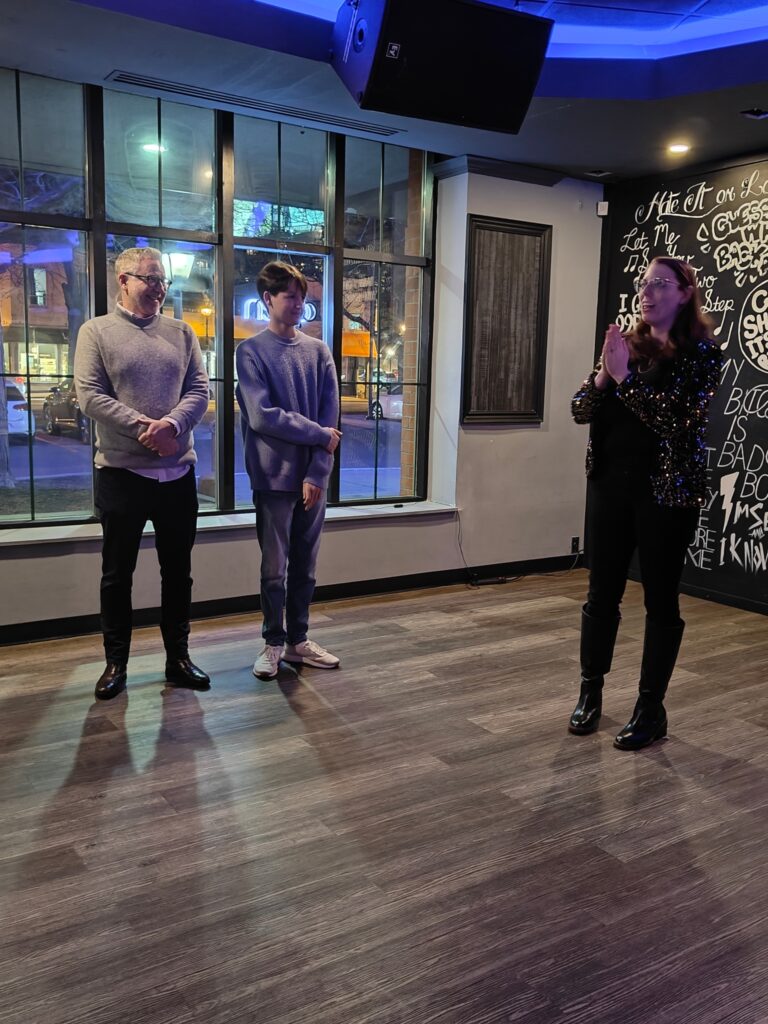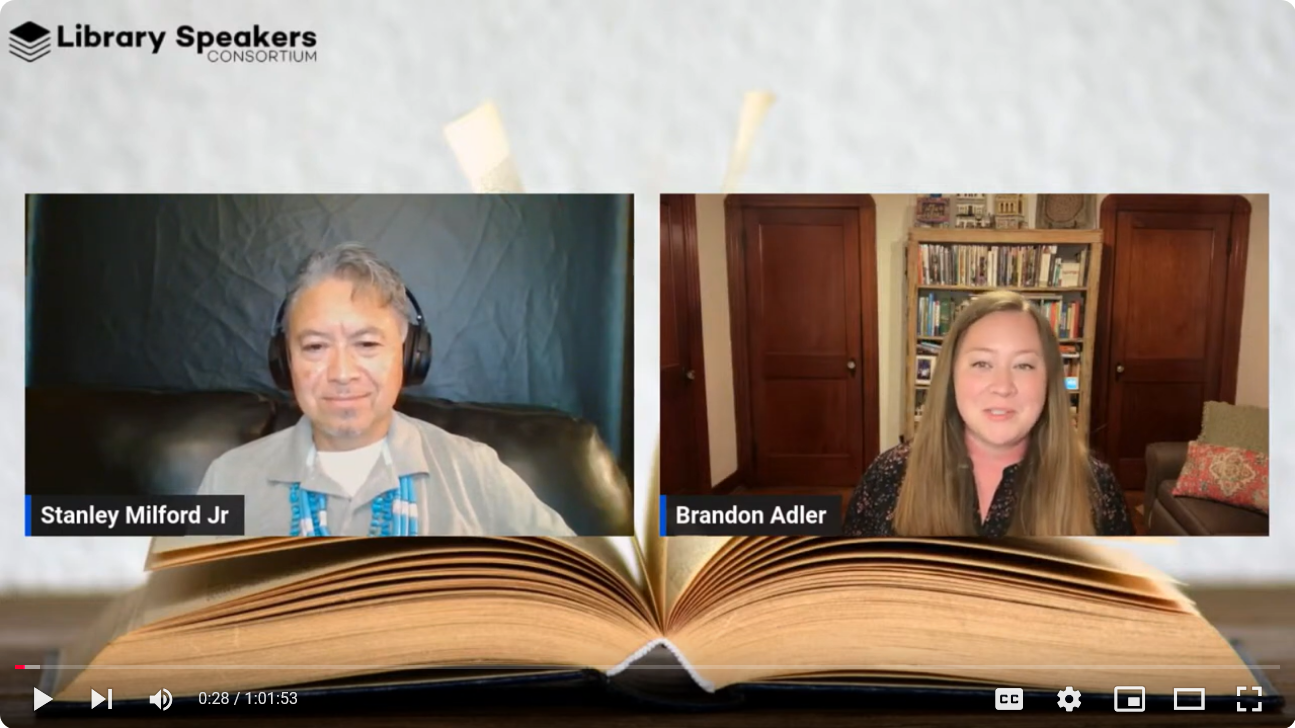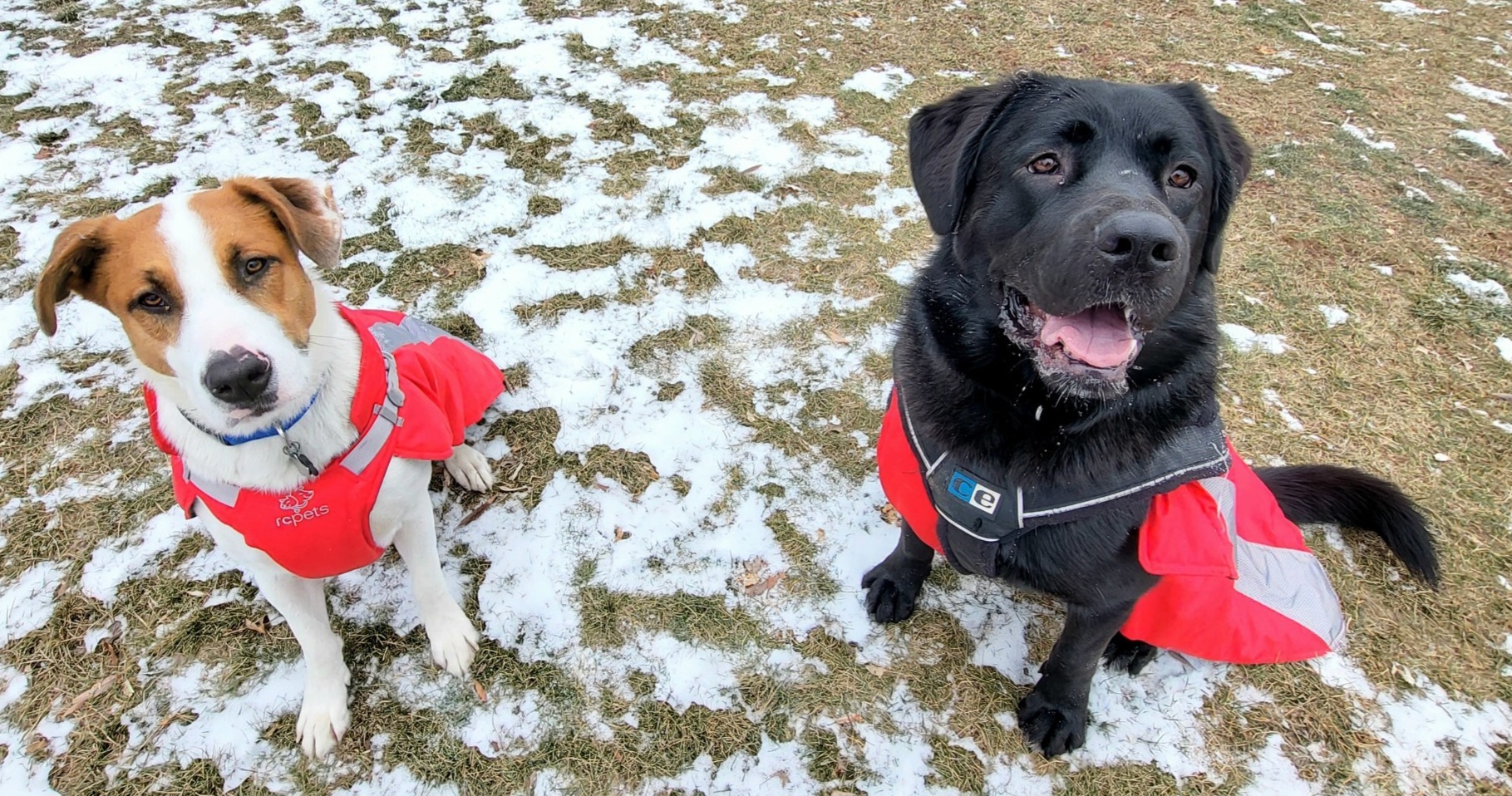The Centre for Diverse Learners (CDL), a local charity that supports and advocates for students with learning disabilities and other conditions that may challenge their school journey, has undergone a number of changes over the last two years, and now, a new executive director is bringing her own experience to the table to drive CDL’s mission forward.
Carolyn Rankin-Boutin took over as executive director last month after a transition period with former executive director Alison Brindle. Rankin-Boutin is herself neurodiverse, and brings that deep knowledge of personal experience with her to the role — she understands what it feels like to grow up thinking that there is something wrong with one’s self.
“The answer is that nothing was wrong. …What I bring is beautiful and has value,” Rankin-Boutin says, and she wants to share that with CDL’s learners “[so] that children who are asking that of themselves know the answer is nothing and can truly embrace that.”
Rankin-Boutin learned about her neurodiversity as an adult; it has helped her better understand her own childhood experiences and will let her pass on that same message to all of the learners supported by CDL.
CDL embraces the strengths of their neurodiverse learners whilst providing the support and advocacy that is required. As Rankin-Boutin notes, “You cannot celebrate neurodiversity without recognizing that there are pieces where people need support and there’s nothing wrong with that.”
To that end, CDL offers a wide variety of supports, including programs to support literacy and mathematics; a social skills program; and learning strategies programs, from “Next Steps to the Workplace,” “Next Steps to High School,” and an executive functioning course (helping learners deal with difficulty in planning and decision-making).
And who are these programs for?
Anyone who needs help in these areas, says Rankin-Boutin. Whether people have a diagnosis or not, if extra support is needed, then CDL wants to provide that support.
“We’re moving away from gatekeeping, [regarding] who is neurodiverse and who is not — it’s more welcoming rather than keeping people out,” Rankin-Boutin explains.
Rankin-Boutin notes that there are huge barriers to diagnoses — there can be high costs involved, or potentially a years-long wait to get through to OHIP-covered services for some conditions.
“If we just served people who are diagnosed, we’d be missing large portions of the community.”
So it’s all the same to CDL as an organization, diagnosed or not: people who need help can get help there. Their learners include those with learning disabilities, ADHD, high-spectrum autism, and/or with mental health conditions that affect their learning.
CDL has deep roots in the Burlington-Hamilton area. It began back in 1967 as the Halton chapter of the Learning Disabilities Association, serving Halton and Hamilton, even before the Learning Disabilities Association of Canada was incorporated.
This was a time period that was becoming aware of the challenges children faced in school if they had a learning disability; a well-known 1970 report, entitled One Million Children: A National Study of Canadian Children with Emotional and Learning Disorders (Celdic Report), estimated there were between 840,000 and 1,260,000 children affected by emotional or learning disorders, and called for the education system to address the needs of those children.
The Learning Disabilities Association of Halton and Hamilton seems to have been ahead of the curve, then; listening and responding to the needs of the community has always been important to the organization.
That has not changed over the decades. During Brindle’s four-year tenure, she and the staff were hearing that there was a stigma around the label “learning disabilities,” and there are different levels of stigma with that label amongst various communities.
For some groups, says Rankin-Boutin, “the label is heavier and has larger societal implications than in others.”
There was also a gap in supporting learners with ADHD and autism, which are not necessarily considered learning disabilities.
In addition, as CDL’s 2022 Impact Report states, “learning disabilities rarely appear on their own,” with mental health issues or executive functioning challenges often being experienced alongside a learning disability, ADHD, or autism.
Brindle championed the move towards further inclusivity and was lauded for her commitment to equity and inclusivity by her staff and colleagues alike at last month’s “retirement” party (she has actually just moved over to Elevate, CDL’s full-time school for diverse learners).
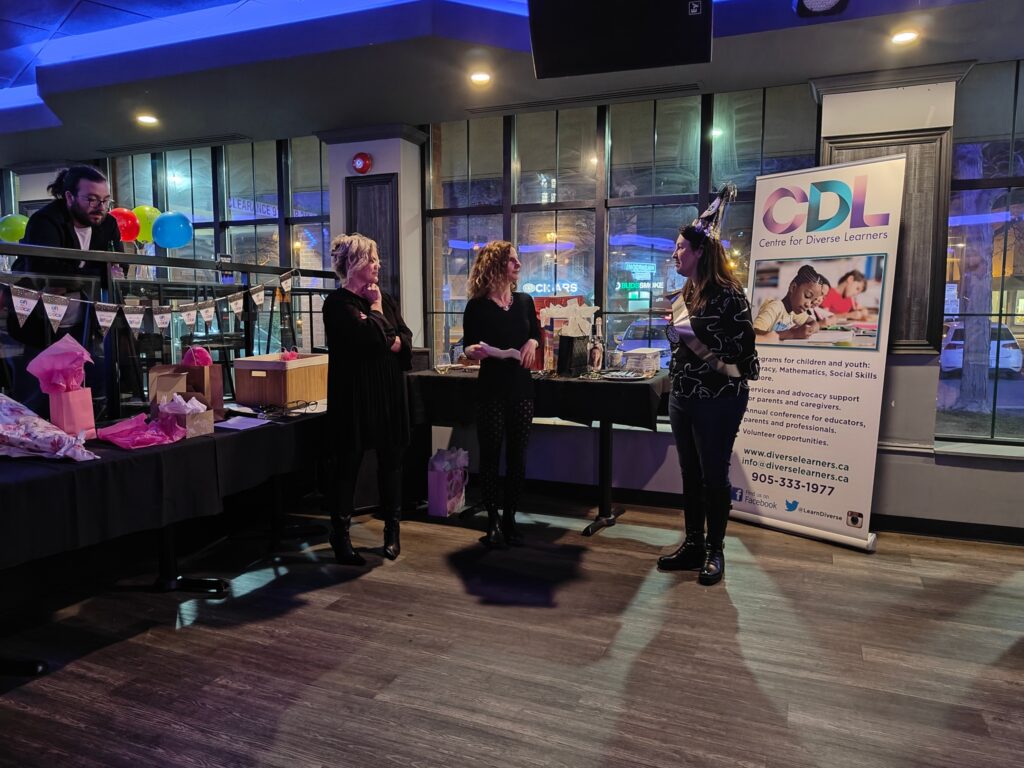
Christa Keating-McKay, the president of CDL’s board of directors, said of Brindle on the night, “Your journey has been nothing short of remarkable.” Added Julie Yocom-Armstrong, principal of Elevate, “Your vision for inclusive education has been the driving force in all our efforts.”
Staff members used the words, “passionate,” “generous,” “a great leader,” “someone who really cares.”
Colette Ruddock, the superintendent of education (special education services) at Halton District School Board (HDSB), echoed those sentiments.
Brindle has been the chair of HDSB’s Special Education Advisory Committee (SEAC) for some years, representing CDL, students with learning disabilities, and students who are neurodivergent. There, too, Brindle advocates for all learners, for a deeper and wider inclusivity. “She really represents all kids,” says Ruddock.
Of CDL’s shift to serving a wider population, Ruddock commends Brindle’s vision: “Alison saw the opportunity to focus on neurodiversity in its totality rather than learning disabilities in isolation.”
“She is also really thinking about that intersectionality of identities,” notes Ruddock, which is something that Rankin-Boutin is looking forward to pushing even further.
“I think we’re slightly ahead of the curve because one of the key elements we do is advocacy – and that starts with listening to parents and families and what they need and then working to address that need.”
Rankin-Boutin understands that CDL cannot serve all groups. “However,” she says, “the neurodiverse community is everywhere. If you look at the broadness of neurodiversity and you’re not gatekeeping, you’re talking 20–30% of the population.”
Part of Rankin-Boutin’s work, continuing in the vein that Brindle really drove forward, is to change the narrative, so that neurodiversity is seen as a strength, bringing more colour and interest to the world. She is also looking to work with other community groups and the people that they serve, to continue in the mission of greater inclusivity in supporting all kinds of learners.
And that is the message Rankin-Boutin really wants to impart. She wants other organizations “to know that we’re here to support them, and we’re happy to tailor our support to their needs because we understand intersectionality as something that needs to be addressed through working with other organizations to best support it.”
Consider that a call to action — to contact CDL, email info@diverselearners.ca, or click here to visit their website, diverselearners.ca.
A fitting message for April, World Autism Month; this year, Autism Canada Speaks is pledging to #ActFearlessly in their work towards change, so that people with autism are supported and included, and asks for allies to do the same. As it happens, Burlington’s Centre for Diverse Learners (CDL) is already doing just that, for people with all kinds of neurodiversities.

